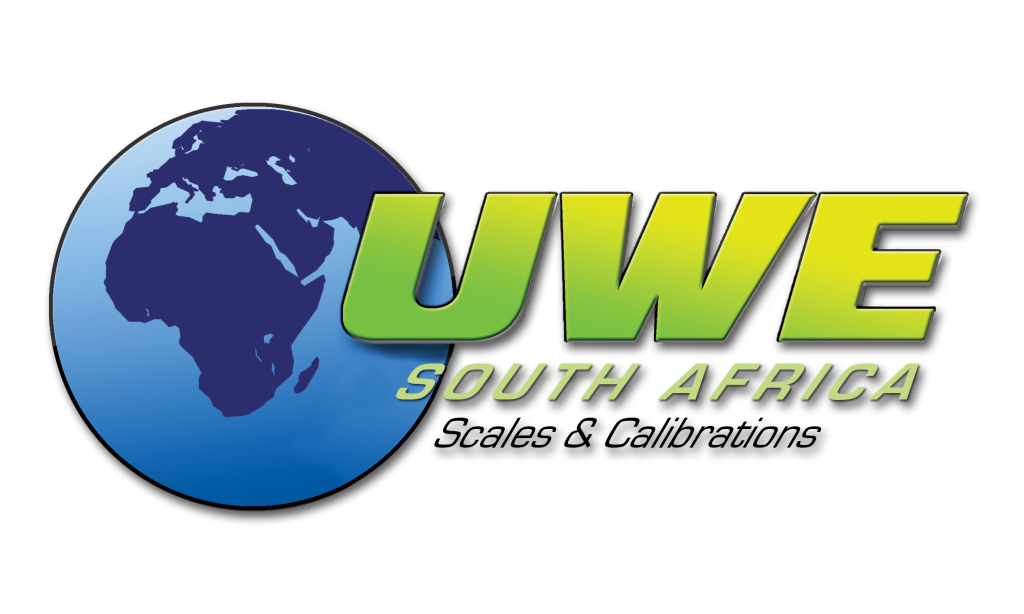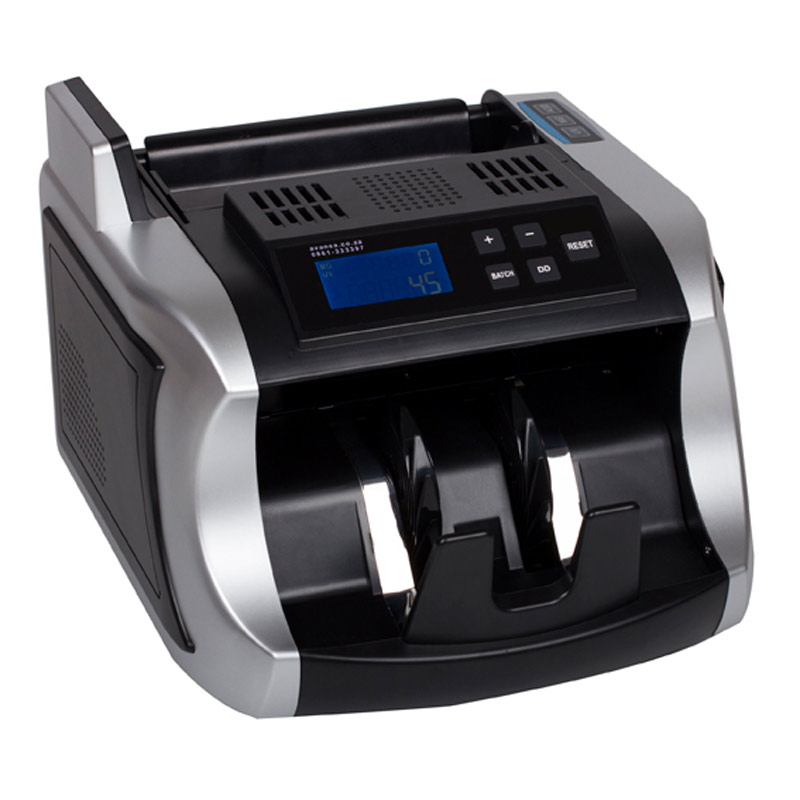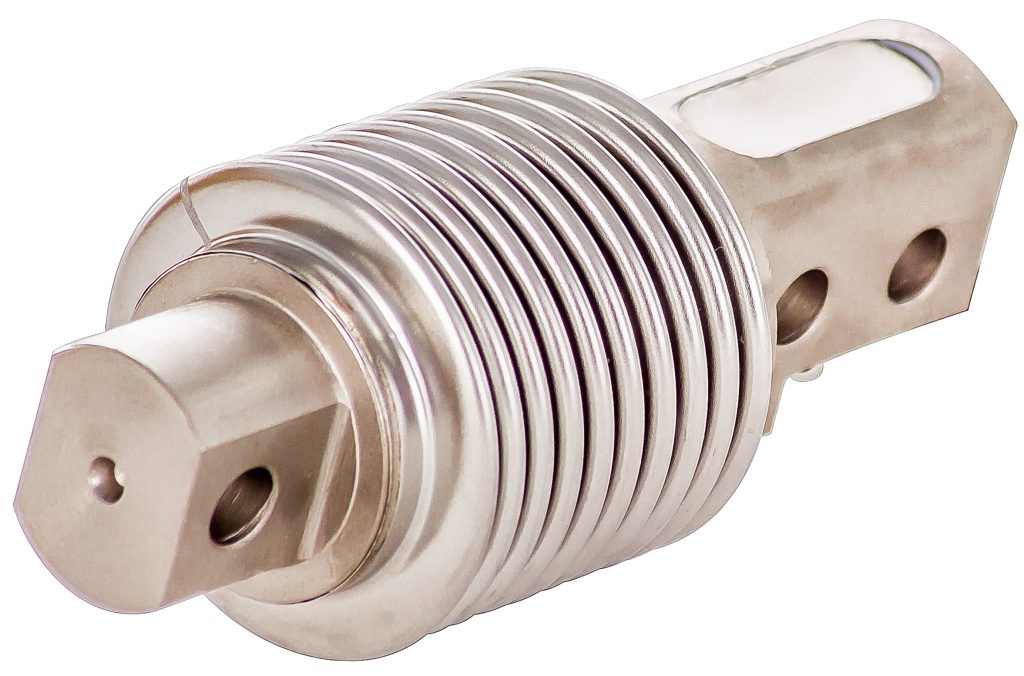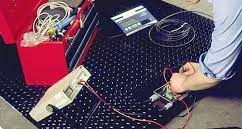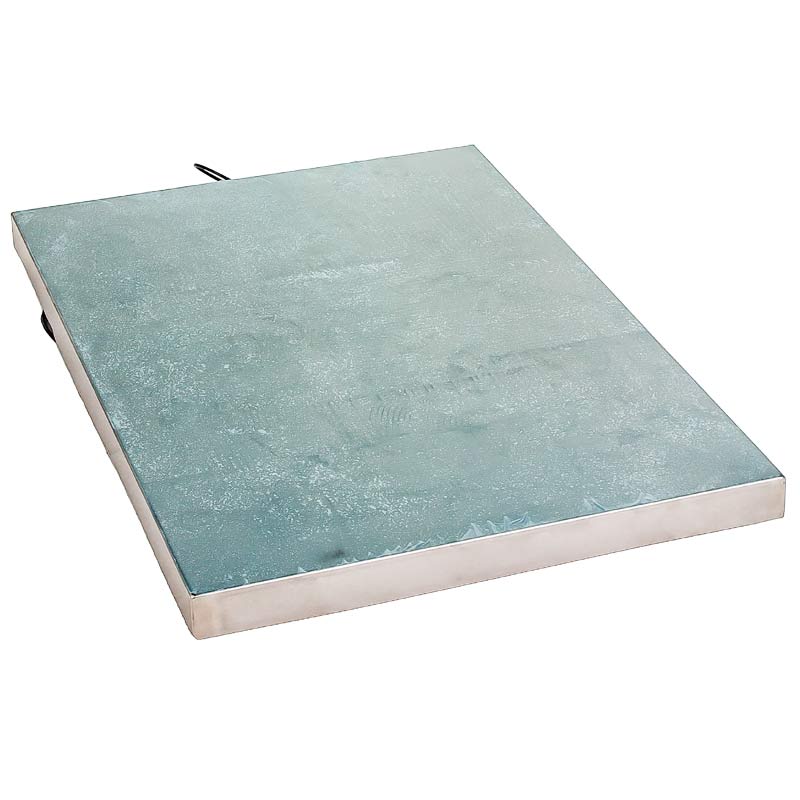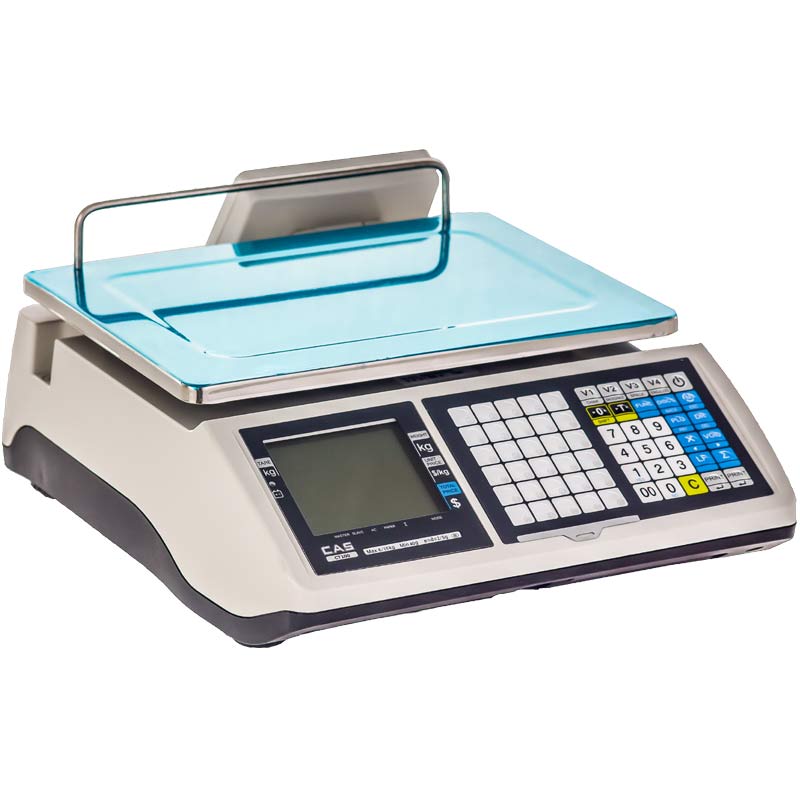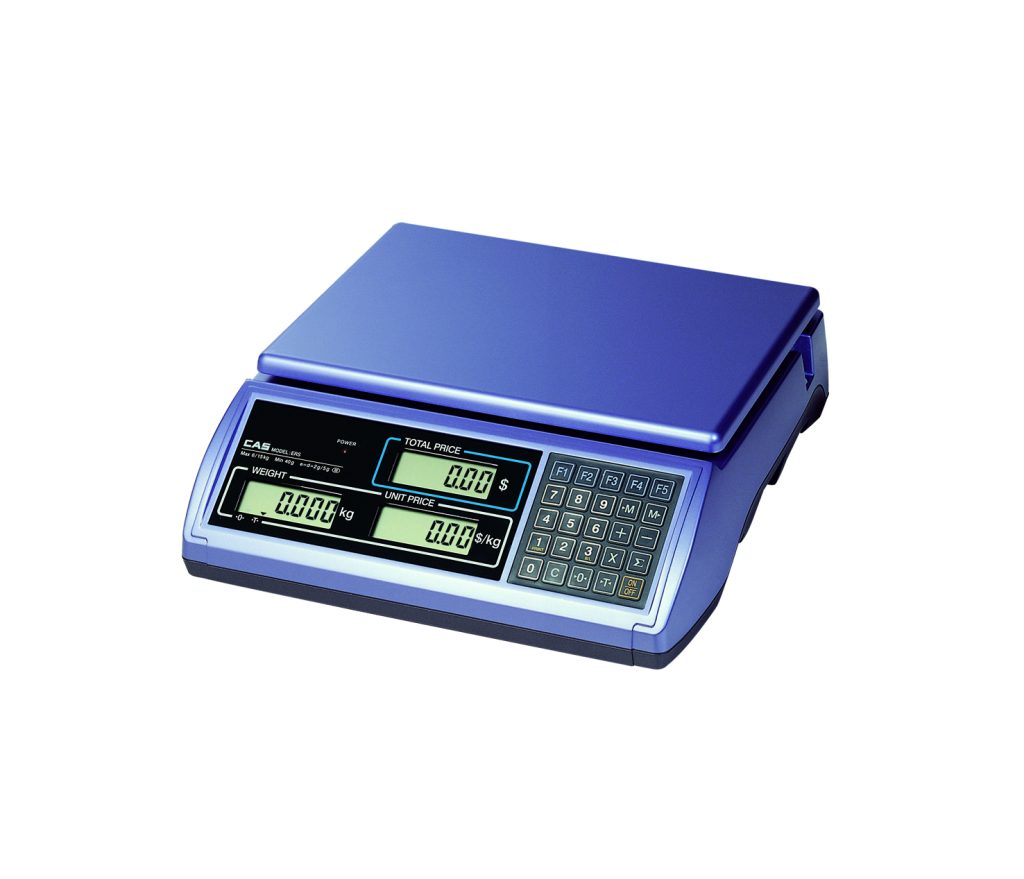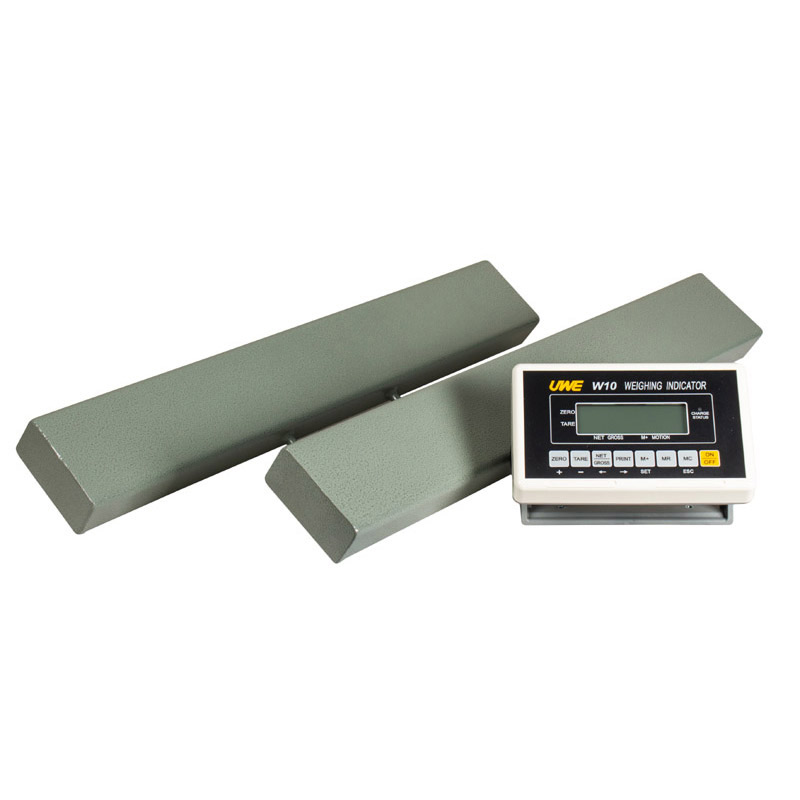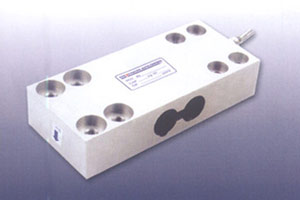What we do
FREQUENTLY ASKED QUESTIONS
- Precision: Modern weighing equipment offers high precision, allowing for accurate measurement of even the smallest increments.
- Variety: There’s a wide range of weighing equipment available, from bench scales and floor scales to industrial truck scales and precision balances, catering to diverse needs across industries.
- Capacity: Weighing equipment comes in various capacities, ranging from a few grams to several tons, enabling the weighing of small items as well as heavy loads.
- Technology: Advancements in technology have led to the development of digital weighing scales, which offer greater accuracy, durability, and functionality compared to traditional analogue scales.
- Integration: Many weighing equipment models are designed to integrate with other systems such as inventory management software, making data collection and analysis seamless.
- What is the intended use of the weighing equipment?
- Are you weighing small items in a laboratory setting or heavy loads in an industrial environment?
- What is the required capacity and accuracy?
- Determine the range of weights you’ll be measuring and the level of precision needed for your applications.
- Are there any specific environmental conditions to consider?
- Will the equipment be used in a hazardous area, requiring explosion-proof certification? Is the environment prone to moisture or dust, necessitating special protection?
- What features are essential for your operations?
- Consider features such as data logging, connectivity options (e.g., Wi-Fi, Bluetooth), built-in calibration, and user-friendly interfaces.
- What is your budget?
- Determine your budget constraints and look for equipment that offers the best value for your investment, considering both upfront costs and long-term maintenance expenses.
- Do you need legal-for-trade certification?
- If your weighing applications involve commercial transactions, ensure that the equipment meets legal metrology requirements for trade use with the necessary certification.
- What level of service and support is available from the manufacturer?
- Consider factors such as warranty coverage, availability of spare parts, and technical support services offered by the manufacturer or supplier.
By considering these questions and understanding the key facts about weighing equipment, you can make informed decisions when selecting the right equipment for your specific needs.
SOLAS stands for Safety of Life at Sea. It is an international maritime treaty which requires ships to comply with basic safety standards in construction, equipment and operation.
Changes to Safety of Life at Sea (SOLAS) require that all containers have a verified weight certificate before being loaded on to a ship. The requirement to verify the weight of containers before loading applies globally. The shipper (or third party) has a responsibility to verify the gross mass of the container.
All weighing equipment used to provide a verified weight must be calibrated and certified. Weighing equipment means a scale, weighbridge, lifting equipment or any other device which is capable of determining the actual gross mass of a packed container or packages.
UWE Scales provide all approved weighing equipment with a calibration and verification certificate and which is capable of determining the actual gross mass of a packed container or packages.
